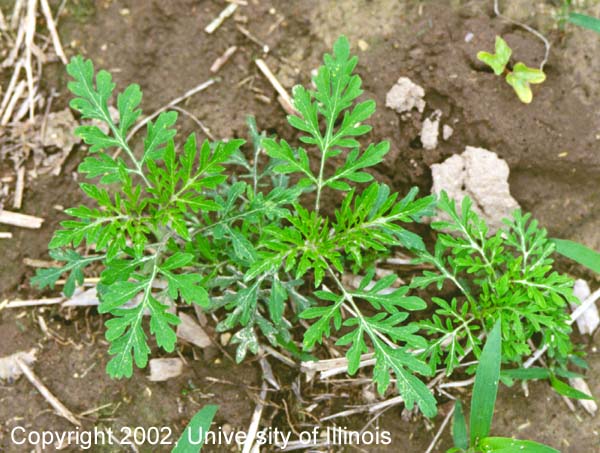Fall is in the air and with it brings ragweed pollen!
Did you know?
- Ragweed pollen, considered to be one of the most allergenic pollens begins pollinating in mid August and goes through mid fall.
- One in 10 Americans suffers from sensitivity to ragweed pollen- runny nose, sneezing, itchy watery eyes, coughing, and asthma attacks are just some of the symptoms you might experience if you're allergic to ragweed.
- One plant alone can produce up to a billion pollen grains. The grains travel over 100 miles!
- Ragweed was so prevalent in NYC in the early 1900's that there was a movement to remove it from the streets. Despite their efforts ragweed still grows in the city.
Below is what ragweed looks like.


What Can you Do to Be Prepared for Ragweed Season? Here are 5 Easy Tips to Keep you Feeling Healthy!
1) Get a jump start- Mid-August is when ragweed starts to bloom. Mark your calendars so you can start your medications before the plants get into full swing.
2) Keep pollen outside- shower if spending the day in the park, wipe dogs down with a wet wash clothe and keep your windows closed to prevent the pollen from entering your home.
3) See an Allergist- an allergist will test you to identify what you're sensitive to and create a personalized plan for you and give you advice on how to prevent symptoms.
4) Consider a cure- if non-prescription medication isn't controlling your symptoms, consider allergy shots and/or sublingual treatment for allergies. Recently released there are now pills you can take to orally desensitize yourself to ragweed pollen called Ragwitek.
5) Don't stop your medications- Because the nasal and eye symptoms of associated with ragweed allergies can linger after the pollen can no longer be detected in the air , don’t stop your allergy medication immediately.
Need personalized help from Dr. Jennifer Collins? We are glad to help- visit our website Gramercy Allergy & Asthma to book an appointment or call the office- 212-679-3574.
